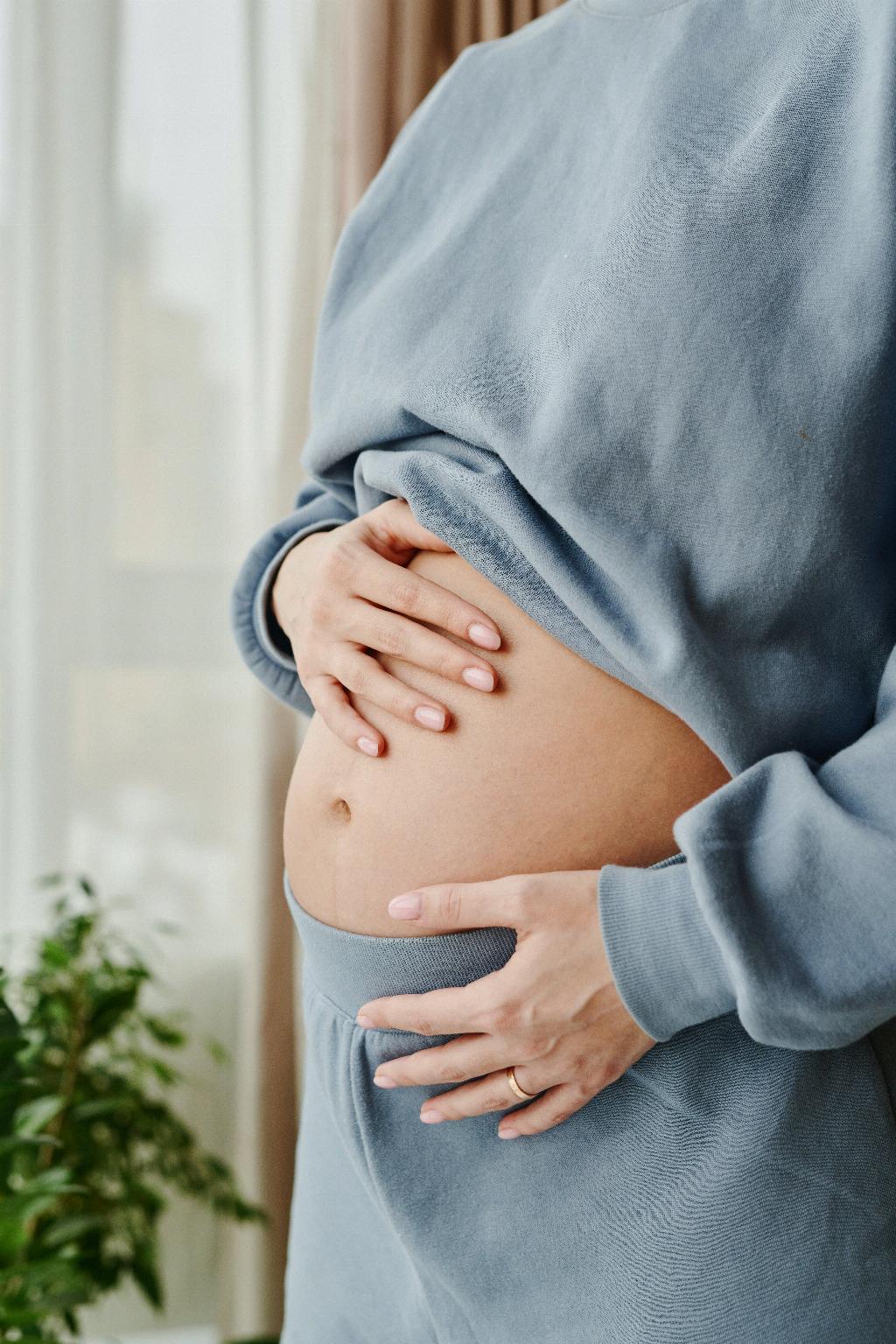Alcohol consumption is a common practice for many individuals in various social settings. However, when it comes to pregnancy, the effects of alcohol on both the mother and the developing fetus can be significantly detrimental. One of the most concerning risks associated with alcohol consumption during pregnancy is the increased likelihood of miscarriage, particularly in the early stages of gestation.
Exploring the Connection Between Alcohol and Miscarriage
Research has shown that alcohol consumption during pregnancy can elevate the risk of miscarriage, with studies indicating a clear link between the two. The presence of alcohol in the mother’s system can disrupt the delicate processes involved in early fetal development, potentially leading to complications that result in miscarriage.
The Impact of Alcohol on Fetal Development
When a pregnant individual consumes alcohol, it rapidly crosses the placental barrier and reaches the fetus. This exposure can interfere with the formation of vital organs and tissues, increasing the chances of developmental abnormalities that may trigger a miscarriage in the first trimester.
Understanding the Role of Alcohol in Pregnancy Loss
Alcohol is known to have toxic effects on fetal development, causing disruptions in cell growth and differentiation. These disruptions can compromise the viability of the pregnancy and heighten the risk of spontaneous abortion, especially during the crucial early weeks of gestation.
Factors Influencing Alcohol-Related Miscarriage Risk
Various factors can influence the degree of risk that alcohol poses to pregnancy. The frequency and quantity of alcohol consumption, as well as the timing of exposure during the gestational period, play significant roles in determining the likelihood of miscarriage due to alcohol consumption.
Addressing Concerns About Alcohol-Related Miscarriage
Given the well-established connection between alcohol and miscarriage risk, it is imperative for individuals who are pregnant or planning to conceive to abstain from alcohol consumption. By eliminating alcohol from their lifestyle, expectant mothers can safeguard the health and well-being of both themselves and their developing baby.
Seeking Support and Guidance During Pregnancy
For individuals struggling with alcohol use or dependence during pregnancy, seeking professional help and support is crucial. Healthcare providers, counselors, and support groups can offer valuable assistance in addressing alcohol-related concerns and promoting a healthy pregnancy outcome.
Embracing a Healthy Pregnancy Lifestyle
Opting for a lifestyle that prioritizes health and wellness is essential during pregnancy. Making informed choices, such as avoiding alcohol and other harmful substances, can significantly reduce the risk of complications like miscarriage and ensure a smoother and safer pregnancy journey.
Educating Others About Alcohol’s Impact on Pregnancy
Increasing awareness about the dangers of alcohol consumption during pregnancy is crucial for promoting maternal and fetal health. By educating individuals about the risks associated with alcohol and miscarriage, we can empower expectant mothers to make informed decisions that prioritize the well-being of their unborn child.
Conclusion
In conclusion, the consumption of alcohol during pregnancy can indeed increase the risk of miscarriage, particularly in the early stages of gestation. By acknowledging the detrimental effects of alcohol on fetal development and taking proactive steps to eliminate alcohol exposure during pregnancy, expectant mothers can protect the health and safety of their baby and reduce the likelihood of miscarriage.

